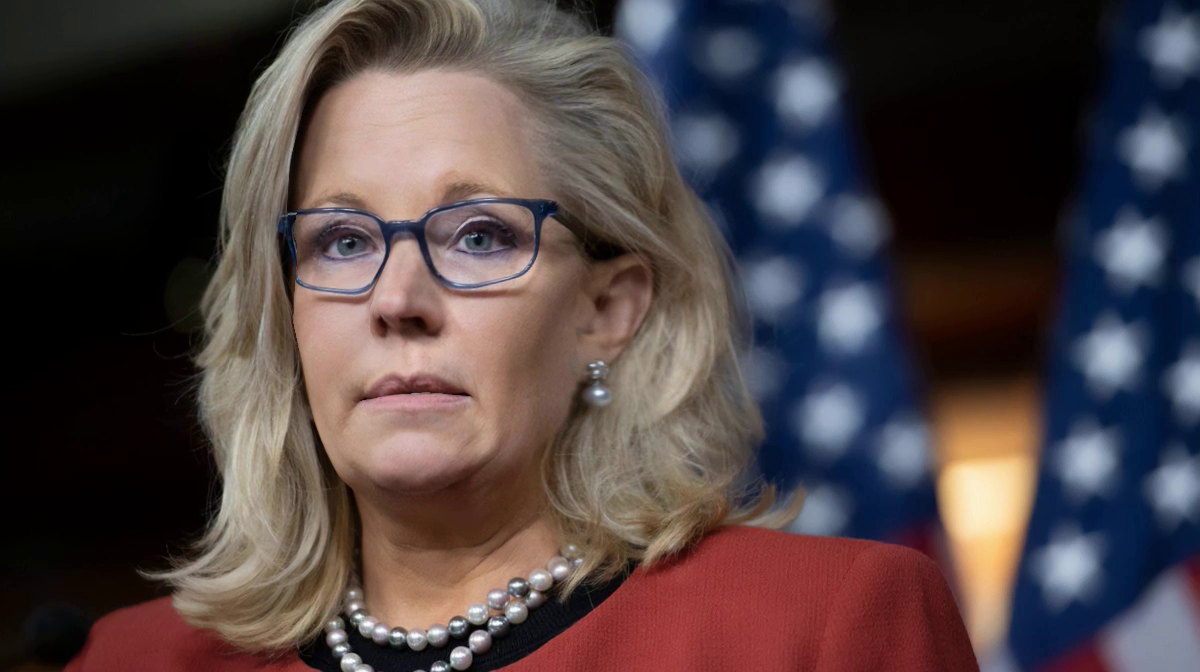
Former Republican Congresswoman Liz Cheney, a long-standing critic of unrestricted abortion policies, has recently pivoted to oppose stringent Republican-imposed bans on the procedure. During a series of events held in key swing states alongside Vice President Kamala Harris, Cheney called on conservatives to support Harris in the upcoming U.S. presidential election.
Cheney and Harris collaborated in events across Pennsylvania, Michigan, and Wisconsin, targeting suburban Republican voters who may be disillusioned with the current party nominee, Donald Trump. Cheney, now a significant conservative figure within the Democratic campaign, underscored the overreach of Republican-led states in restricting abortion following the Supreme Court’s 2022 Dobbs decision which revoked the constitutional right to abortion.
At an event in Waukesha, Wisconsin, Cheney expressed deep concern over the restrictive measures which have left some women without necessary medical treatment due to fears of criminal liability among healthcare providers. She stressed the importance of compassion and pragmatism in politics, especially on sensitive issues like abortion.
Cheney’s Critique of Trump
Contrasting her stance with that of Donald Trump, Cheney highlighted his previous calls for criminal penalties against women undergoing abortions and his inconsistent positions on the issue. She criticized Trump for his lack of reliability and the potential risks his presidency could pose to the constitutional integrity of the United States.
Cheney’s alignment with Harris has fueled speculation about her potential inclusion in a future Harris administration, despite the political risks associated with her conservative, hawkish stances and her family’s controversial political legacy. This collaboration is part of a broader strategy to frame Trump as a constitutional threat and to build a bipartisan coalition capable of defeating him in the election.
The Cheney-Harris Dynamic
The partnership between Cheney and Harris has showcased a strong dynamic, with both emphasizing the need for respectful, fact-based political debate. Their joint appearances have highlighted their mutual respect and shared concerns over Trump’s governance style, which they argue could endanger both domestic and international stability.
While some observers have questioned the wisdom of Cheney campaigning in areas with significant Arab American populations, given her foreign policy views, others see her involvement as a brave and necessary step to preserve democratic values. Trump’s reaction was characteristically dismissive, highlighting his ongoing strategy of polarizing the electorate.
In Michigan, Cheney addressed potential “shy” Harris voters, encouraging them to vote their conscience quietly if necessary, suggesting a significant undercurrent of Republican dissent against Trump.
Personal Insights and Voter Engagement
During a lighter moment in the campaign, Harris discussed personal strategies for managing stress, revealing her routine of morning workouts and the grounding influence of her family. She urged Americans not to feel powerless, emphasizing resilience as a core American trait.
The campaign also involved historical references, with Cheney and Harris visiting Washington Crossing, Pennsylvania, where they drew parallels between their campaign and pivotal moments in American history. Cheney’s appeals to patriotism, urging Republicans to vote for Democrats as the “patriotic” choice, were particularly poignant.
Liz Cheney’s call for conservative support for Kamala Harris represents a significant realignment in American politics, driven by contentious issues like abortion rights. This unusual alliance reflects the shifting dynamics within the U.S. political landscape, where traditional party lines are increasingly blurred in response to broader constitutional and social challenges.
Featured image credit: FakirRod via DeviantArt
Follow us for more breaking news on DMR
